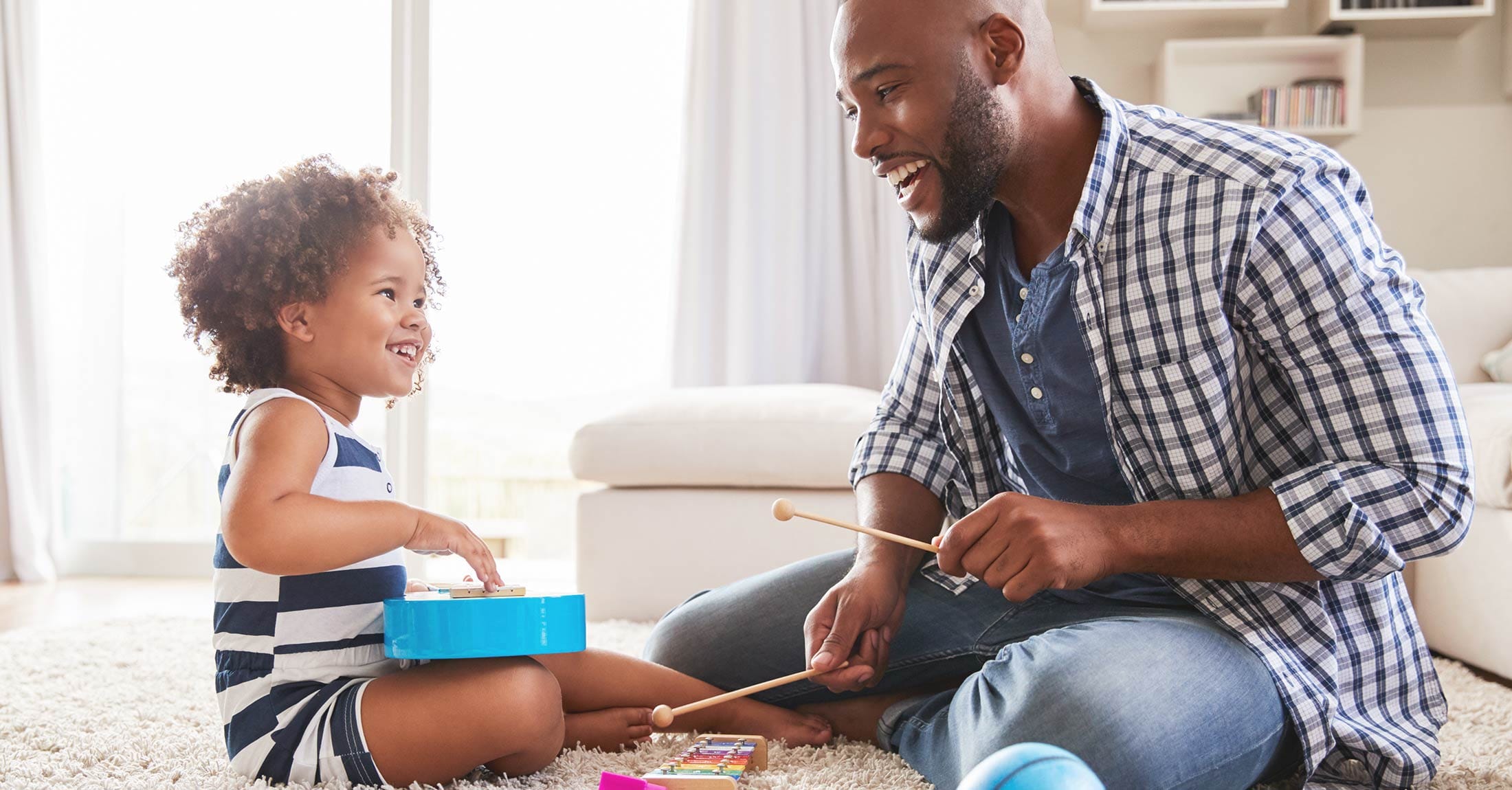
The Most Magical Tool in my Parent Toolkit
Raising children is one of the most challenging jobs, and despite that, many people feel utterly underprepared. I want …
Read more
By: Dr. Zia

As Laura watched her daughter, Mia, throw a tantrum over a broken toy, she felt a surge of frustration and helplessness. She was suddenly reminded of her own childhood, where similar outbursts often led to harsh words from her parents. Laura wondered why she reacted so strongly to Mia’s behaviour and how her own upbringing might be influencing her responses.
Our emotional reactions to our children are often echoes of our own childhood experiences.
Emotional reactions are often deeply rooted in our own childhood experiences. The way we were parented shapes our emotional triggers and responses, sometimes in ways we aren’t fully aware of. Understanding these connections can help us navigate our reactions more effectively.
Understanding the roots of our triggers allows us to respond to our children with greater empathy and patience.
Children can inadvertently trigger the emotions that we find most challenging to regulate. For instance, a child’s persistent whining might evoke a strong reaction if it reminds us of situations from our own childhood that were difficult to handle.
Breaking the cycle of inherited emotional reactions requires self-awareness and effort. Recognizing our triggers and understanding their origins is essential for developing healthier responses.
Breaking the cycle of inherited emotional reactions begins with self-awareness and intentionality.
At Foundations for Emotional Wellness, we understand the importance of recognizing and managing emotional triggers in parenting. It’s one of the most important parenting steps you can take- as parent regulation often predicts child regulation. If you’re seeking support to break the cycle of inherited emotional reactions, our team is here to help.
Join us in fostering a mindful and compassionate approach to parenting. Our programs and resources are designed to help you develop healthier emotional responses and create a positive environment for your children. Schedule a consultation today to start your journey towards more effective and empathetic parenting.
As Laura watched her daughter, Mia, throw a tantrum over a broken toy, she felt a surge of frustration and helplessness. She was suddenly reminded of her own childhood, where similar outbursts often led to harsh words from her parents. Laura wondered why she reacted so strongly to Mia’s behaviour and how her own upbringing might be influencing her responses.
Our emotional reactions to our children are often echoes of our own childhood experiences.
Emotional reactions are often deeply rooted in our own childhood experiences. The way we were parented shapes our emotional triggers and responses, sometimes in ways we aren’t fully aware of. Understanding these connections can help us navigate our reactions more effectively.
Understanding the roots of our triggers allows us to respond to our children with greater empathy and patience.
Children can inadvertently trigger the emotions that we find most challenging to regulate. For instance, a child’s persistent whining might evoke a strong reaction if it reminds us of situations from our own childhood that were difficult to handle.
Breaking the cycle of inherited emotional reactions requires self-awareness and effort. Recognizing our triggers and understanding their origins is essential for developing healthier responses.
Breaking the cycle of inherited emotional reactions begins with self-awareness and intentionality.
At Foundations for Emotional Wellness, we understand the importance of recognizing and managing emotional triggers in parenting. It’s one of the most important parenting steps you can take- as parent regulation often predicts child regulation. If you’re seeking support to break the cycle of inherited emotional reactions, our team is here to help.
Join us in fostering a mindful and compassionate approach to parenting. Our programs and resources are designed to help you develop healthier emotional responses and create a positive environment for your children. Schedule a consultation today to start your journey towards more effective and empathetic parenting.
As Laura watched her daughter, Mia, throw a tantrum over a broken toy, she felt a surge of frustration and helplessness. She was suddenly reminded of her own childhood, where similar outbursts often led to harsh words from her parents. Laura wondered why she reacted so strongly to Mia’s behaviour and how her own upbringing might be influencing her responses.
“Our emotional reactions to our children are often echoes of our own childhood experiences.”
Emotional reactions are often deeply rooted in our own childhood experiences. The way we were parented shapes our emotional triggers and responses, sometimes in ways we aren’t fully aware of. Understanding these connections can help us navigate our reactions more effectively.
“Understanding the roots of our triggers allows us to respond to our children with greater empathy and patience.”
Children can inadvertently trigger the emotions that we find most challenging to regulate. For instance, a child’s persistent whining might evoke a strong reaction if it reminds us of situations from our own childhood that were difficult to handle.
Breaking the cycle of inherited emotional reactions requires self-awareness and effort. Recognizing our triggers and understanding their origins is essential for developing healthier responses.
“Breaking the cycle of inherited emotional reactions begins with self-awareness and intentionality.”
At Foundations for Emotional Wellness, we understand the importance of recognizing and managing emotional triggers in parenting. It’s one of the most important parenting steps you can take- as parent regulation often predicts child regulation. If you’re seeking support to break the cycle of inherited emotional reactions, our team is here to help.
Join us in fostering a mindful and compassionate approach to parenting. Our programs and resources are designed to help you develop healthier emotional responses and create a positive environment for your children. Schedule a consultation today to start your journey towards more effective and empathetic parenting.
